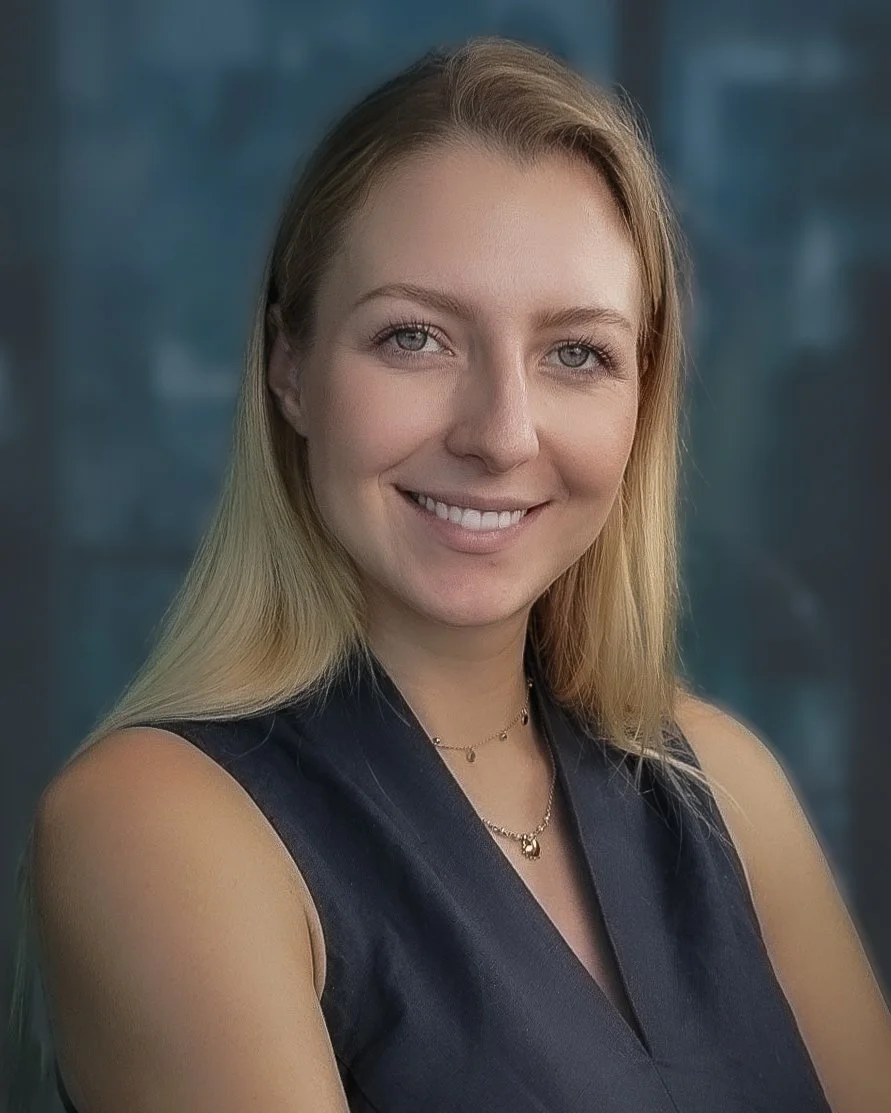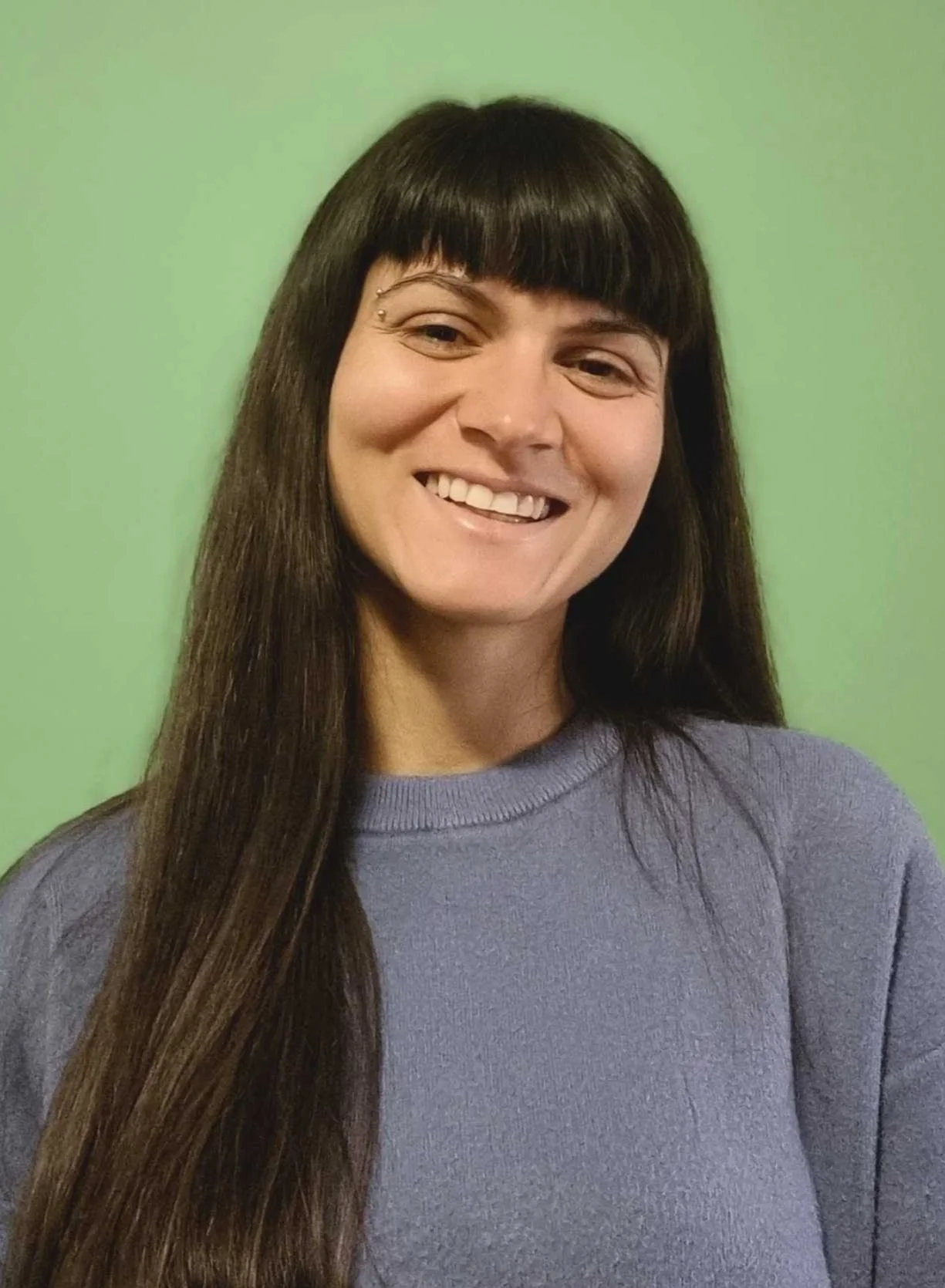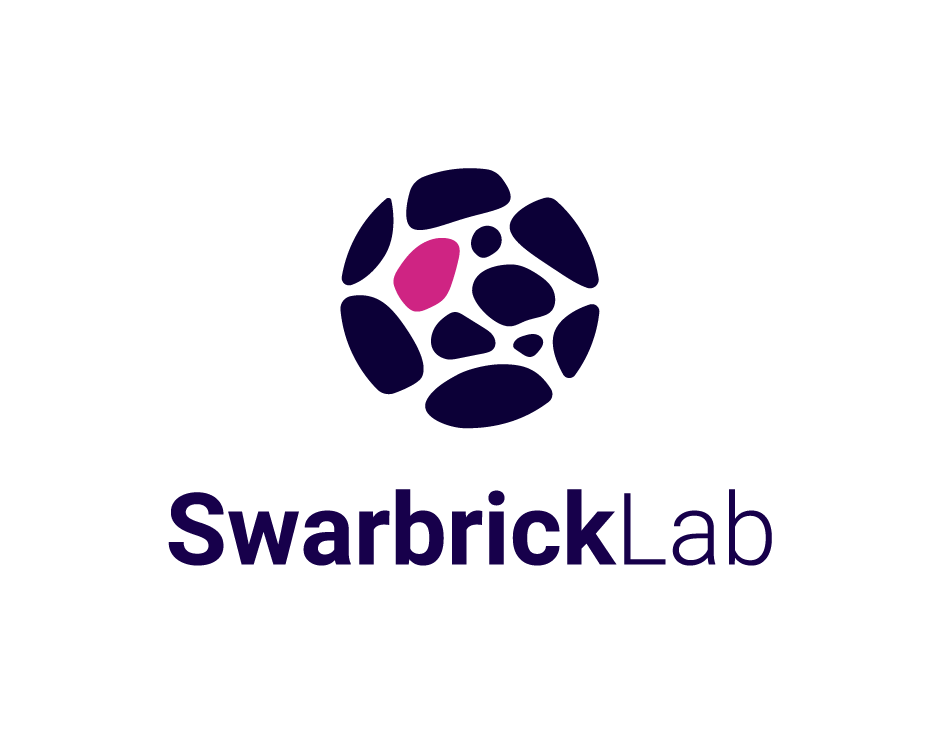Primary Atlases
Cancers have intricate tumour microenvironments that include stromal and immune activity. The primary atlas projects shine a light on the complex cellular and molecular environment of cancers, to provide insights that will guide the development of better treatments. The Swarbrick lab approach is rooted in multi-modal molecular profiling of clinical samples at the single cell level and with spatially resolved technologies.
Dr Dan Roden and Beata Kiedik lead the single cell transcriptomics Breast Cancer Atlas. Dr Roden is a senior bioinformatician in the Swarbrick lab and conjoint lecturer at UNSW. He leads the computational team at the heart of the Breast Cancer Atlas. Beata Kiedik holds a Masters degree and significant experience in Bioinformatics. The Breast Cancer Atlas is a major component of her current PhD candidature.
Dr Hani Kim is a computational biologist with a record of achievement in developing new computational methods to gain biological insight. Her work exploits the full possibilities presented by this multi-omic analysis, by integrating the various data modalities to explore tumour biology.
Kate Harvey, with Jessica Yang, led the collection of the Breast Cancer Atlas tissue samples over the last 9 years. The atlas contains more than 500 primary lesions, from which more than 1.5 million single cells have been sequenced. Kate has developed customised methods for sample storage compatible with cellular genomic sequencing platforms, and for high throughput sample processing.
Kate Saw leads the collection and integration of clinical and follow-up information for each patient, which will enable identification of molecular associations with clinical outcomes and drug response.
We gratefully acknowledge our clinical collaborators that have enabled extensive tissue sampling, including Dr Mun Hui, Dr Elgene Lim and Dr Davinia Seah. We also thank our national and international collaborators, Professor Sean Grimmond and Professor Chuck Perou.
Dr Eva Apostolov leads the localised prostate cancer (PCa) project. PCa exhibits diverse clinical outcomes. PCa lacks intrinsic and clinically relevant molecular subtypes, with their discovery hindered by significant inter- and intratumoural heterogeneity (ITH).
ITH is partially driven by the multifocal nature of PCa, with multiple independent cancer foci hypothesised to arise under the influence of a tumour-promoting microenvironment. Where traditional genomic approaches have failed, constructing a comprehensive, biology-driven cellular model of PCa is crucial for advancing our understanding of PCa biology.
Eva has generated a scRNA-seq transcriptomic atlas of hormone therapy-naïve localised PCa samples and complementary spatial transcriptomic data. Her primary interest lies in elucidating the interactions between the widely perturbed prostatic epithelium and the cellular constituents of the tumour microenvironment.
Dr Lucy Haggstrom is a medical oncology fellow who has commenced a PhD with the Swarbrick and Connie Johnson Laboratories. Dr Haggstrom leads a project exploring the use of progesterone in hormone receptor positive breast cancer, and the effects of pre-operative endocrine therapy on the tumour microenvironment. She has been awarded the White Walker scholarship from the University of New South Wales to support her research.
-

Dr Dan Roden
-

Beata Kiedik
-

Kate Harvey
-

Dr Hani Kim
-

Kate Saw
-

Dr Eva Apostolov
-

Dr Lucy Haggstrom

